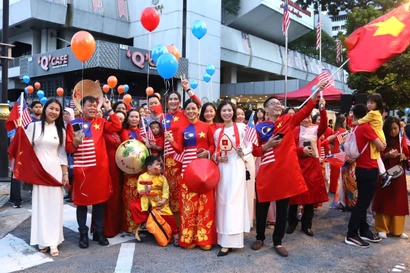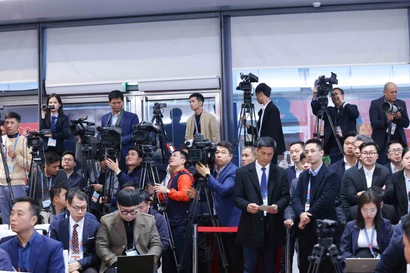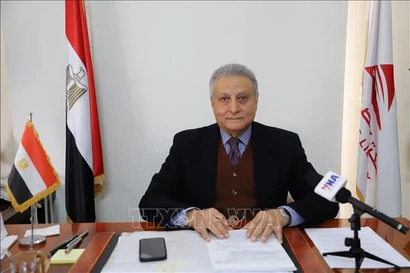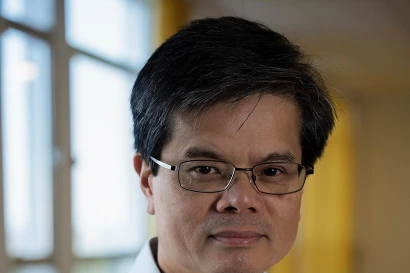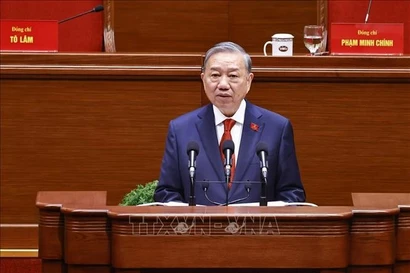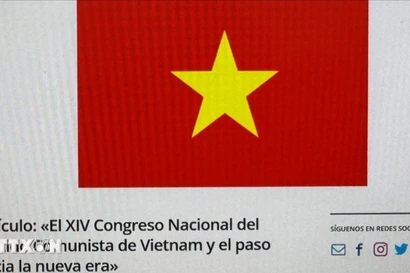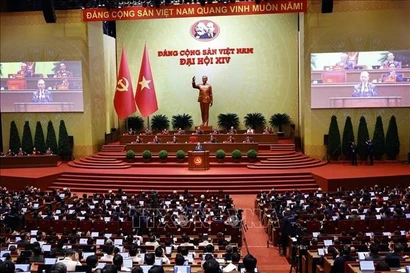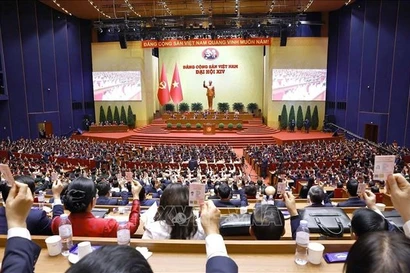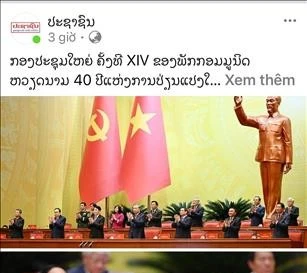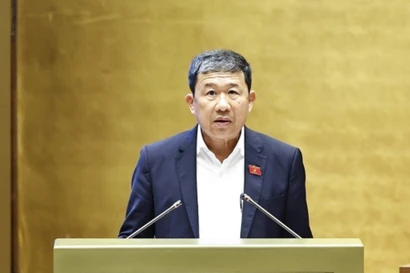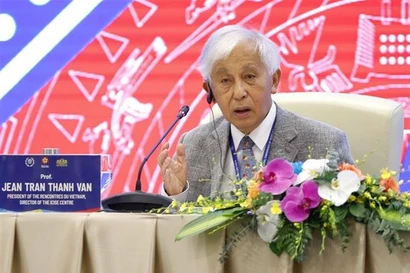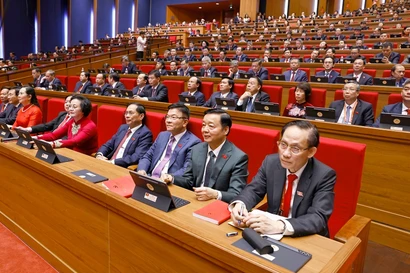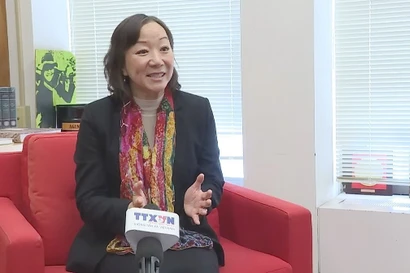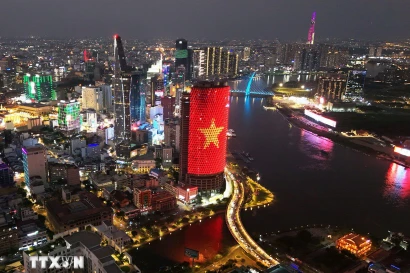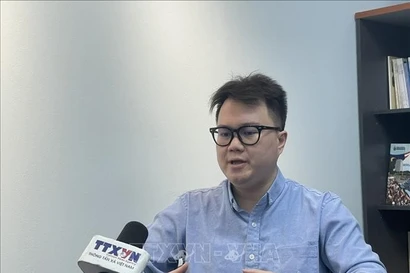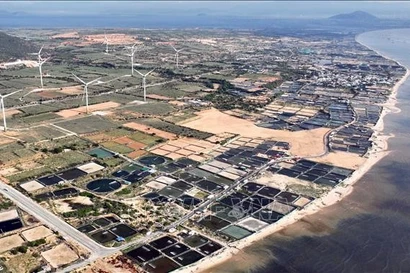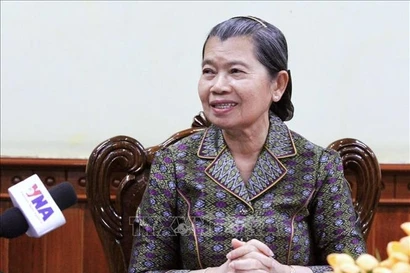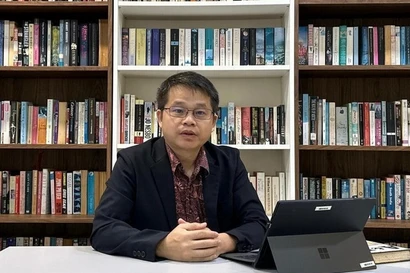
Hanoi (VNA) – For the first time, the draft documents for the 14th National Party Congress propose elevating foreign affairs and international integration to the same level as national defence and security, designating them as “key and regular tasks.” This marks a strategic breakthrough in the Party’s vision, reflecting a new approach to safeguarding and developing the nation in the era of global integration.
According to Phan Xuan Dung, MA – Research Officer at the Vietnam Studies Programme of Singapore’s ISEAS – Yusof Ishak Institute and PhD student at the Australian National University, this is not only a sound orientation but also an urgent necessity for Vietnam to seize opportunities and overcome challenges amid intensifying strategic competition among powers and rising non-traditional security issues.
He noted that diplomacy today is no longer merely a supportive tool but has become the country’s “first line of defence”, helping to prevent conflicts and instability early and from afar.
With its extensive network of comprehensive strategic, strategic, and comprehensive partnerships, and its increasingly active role in multilateral forums such as the ASEAN, UN, and APEC, Vietnam has transformed from a “passive participant” into a proactive and constructive member, even a shaper in certain regional and global issues.
Dung recommended that Vietnam should invest proportionately in its diplomatic corps across the three key areas of building a knowledge ecosystem, modernising research methods and content, and ensuring adequate resource allocation.
The draft documents also highlight economic diplomacy and technological diplomacy as focal points for the next stage, demonstrating a fresh approach that closely links foreign policy with national development, the scholar said.
Dung added that the drafts' reference to the three concepts of “multi-layered – fragmented – highly stratified” reflects the Party’s sharp awareness of the rapidly and profoundly changing international landscape.
According to him, “multi-layered” refers not only to divisions among great powers but also to varying levels of influence and capacity among nations; “fragmented” signals the weakening of traditional global institutions, creating gaps that must be filled by more flexible mechanisms; and “highly stratified” describes a world where countries cooperate based on specific interests rather than ideological blocs.
In this context, he explained that Vietnam’s foreign policy of independence, self-reliance, multilateralisation and diversification is a strategic advantage. Free from alignment with any major power bloc, Vietnam maintains strategic autonomy to cooperate with all partners on the basis of national interest. This allows the country to act as a reliable bridge among states and blocs with competing interests, thereby enhancing its international stature.
From this bridging position, Vietnam can maximise access to resources, technology, investment capital, and international support to serve socio-economic development while ensuring national security./.
